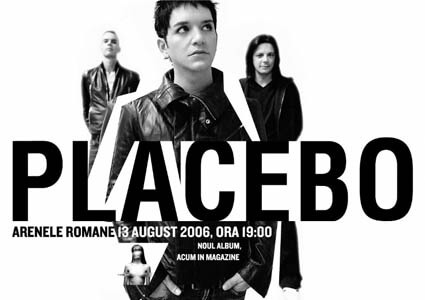My Journey with the Project for the Study of Academic Precocity
Throughout my educational journey, certain experiences have profoundly shaped my intellectual development and personal growth. One such pivotal experience was my involvement in the Project for the Study of Academic Precocity, a groundbreaking initiative aimed at identifying and nurturing academically gifted children. Although I never physically attended Johns Hopkins University, my participation in this program connected me to a legacy of academic excellence and research that continues to influence my life.
The Genesis of the Project for the Study of Academic Precocity
Established in 1971 by psychologist Julian C. Stanley, the Study of Mathematically Precocious Youth (SMPY) at Johns Hopkins University sought to explore the educational needs of exceptionally gifted students. The initiative aimed to identify young individuals with advanced mathematical abilities and provide them with opportunities for academic acceleration and enrichment. This longitudinal study became a cornerstone in the field of gifted education, influencing educational practices worldwide.
My Introduction to the Program
In the mid-1970s, as a student in West Phoenix, I was identified as a participant in this pioneering study. By sixth grade, my academic assessments indicated proficiency levels equivalent to those in the twelfth grade, spanning various subjects. Recognizing the potential challenges of remaining in standard educational tracks, my counselors and parents sought avenues that would provide appropriate intellectual stimulation. The Project for the Study of Academic Precocity offered such an opportunity, aiming to cater to my advanced learning needs.
Program Objectives and Opportunities
The core mission of the program was to offer challenging learning experiences that matched the intellectual capabilities of participants. This included access to advanced coursework, mentorship from experts in various fields, and engagement with a community of like-minded peers. The initiative emphasized not just academic excellence but also the social and emotional well-being of gifted students, acknowledging the unique challenges they may face in traditional educational settings.
The Impact of Frequent Relocations
Despite the program's promising offerings, my frequent relocations during this period posed significant challenges. Each move meant adjusting to new schools, curricula, and social environments, making it difficult to fully engage with the program's resources. The lack of continuity hindered my ability to participate meaningfully in the advanced opportunities provided, leading to a sense of unfulfilled potential and a yearning for consistent intellectual engagement.
Shared Experiences and Lasting Connections
Occasionally, I encounter individuals who mention their involvement in the Project for the Study of Academic Precocity. These moments are profound, as they instantly create a bond rooted in shared experiences and mutual understanding. It's as if a silent recognition passes between us, acknowledging the unique journey we embarked upon and the challenges we faced. These encounters serve as a reminder of the program's impact and the enduring connections it fosters among its participants.
Reflections on Gifted Education and Its Evolution
Reflecting on my experiences, I recognize the importance of programs like the Project for the Study of Academic Precocity in shaping educational landscapes. They highlight the necessity of recognizing and nurturing diverse intellectual talents, ensuring that all students have access to learning environments that challenge and inspire them. The evolution of such programs has led to a more nuanced understanding of gifted education, emphasizing personalized learning paths and holistic development.
Conclusion
While my direct involvement with the Project for the Study of Academic Precocity was limited by circumstances beyond my control, the essence of the experience has remained with me. It taught me the value of seeking out opportunities that align with one's abilities and the importance of community among those who share similar intellectual pursuits. As educational paradigms continue to evolve, the lessons learned from such initiatives serve as a beacon, guiding future efforts to create inclusive and stimulating learning environments for all students.





















